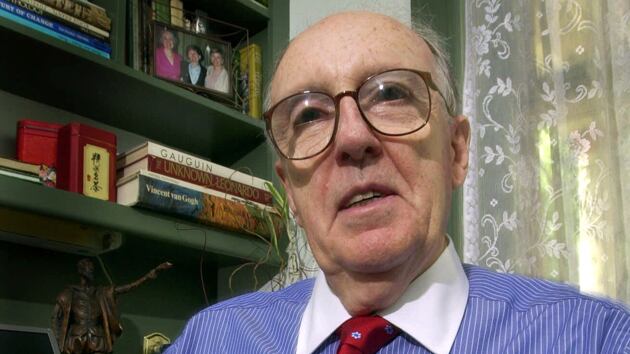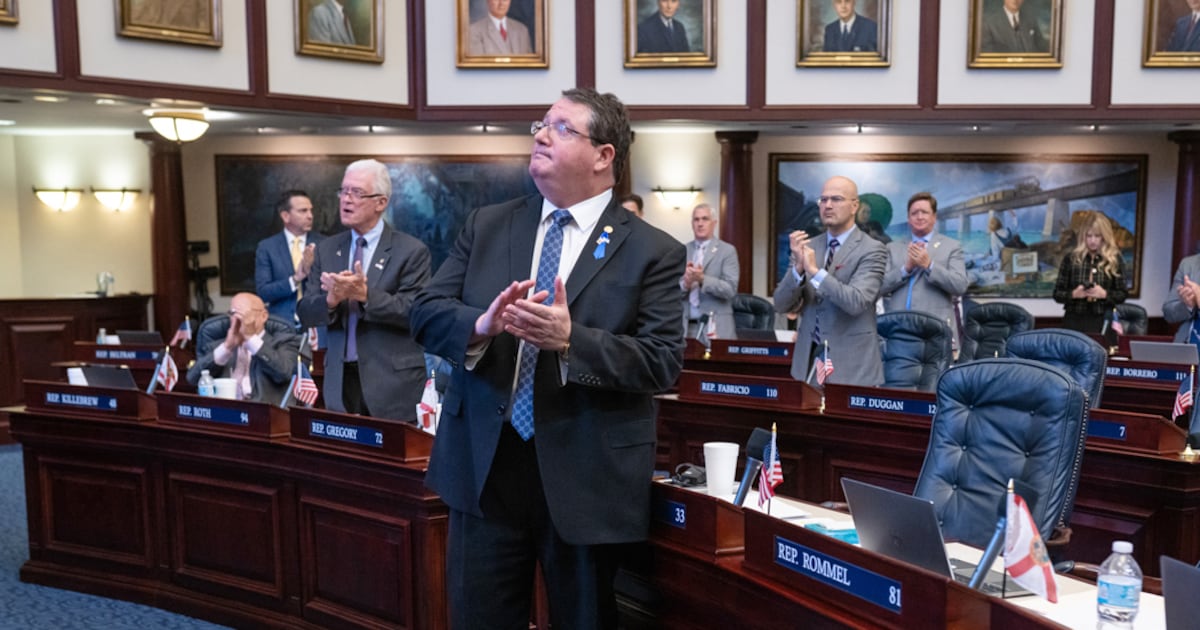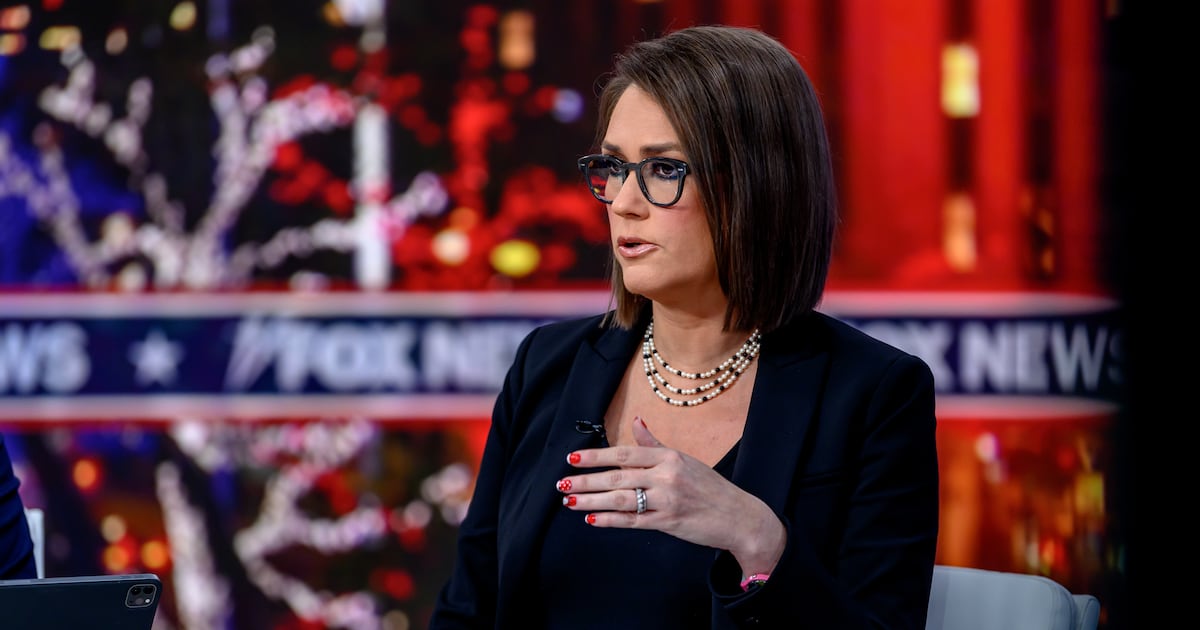Fresh from their scrape with the White House over its birth-control mandate, Catholic bishops may represent the most unified resistance to any attempt by President Obama to turn his personal support for same-sex marriage into a policy position. Yet while many non-Catholic Americans may take the political position put forward by the bishops as the final word in American Catholic life, progressive Catholic thinkers and theologians say it is time for the church to step back from political arguments about same-sex marriage, and reconsider its own position.
Among the theologians who say the bishops are in the wrong is Paul Lakeland, a professor of religion and director of the Center for Catholic Studies at Fairfield University, a Catholic university in Connecticut. “That’s not really an argument that has a theological justification,” Lakeland said of the church’s opposition to same-sex civil marriages. “It’s an argument that’s based more on fear or repugnance.”
“There is a lot more to be said about these issues than one stream of words from the hierarchy,” Lakeland said.
ADVERTISEMENT
While Catholic bishops were quick to rise in unified opposition earlier this year after President Obama announced a health-care mandate that would require all employers to ensure that their health insurance plans covered birth control, they have not yet mounted a similar campaign in light of Obama’s announcement on Wednesday that he supports same-sex marriage.
Cardinal Timothy Dolan, archbishop of New York and president of the United States Conference of Catholic Bishops, did release a statement on Wednesday saying he found Obama’s decision “deeply saddening.” Dolan went on to say that, “We cannot be silent in the face of words or actions that would undermine the institution of marriage, the very cornerstone of our society.”
The USCCB’s most recent public pronouncement on the issue of same-sex marriage was a statement released Thursday in which the bishops expressed their approval of a vote in North Carolina in which citizens passed a constitutional amendment to define marriage as between a man and a woman. “This is not a partisan issue, but a matter of justice, fairness, and equality for the law to uphold every child’s basic right to be welcomed and raised by his or her mother and father together,” Bishop Salvatore Cordileone, chairman of the USCCB’s subcommittee on the Promotion and Defense of Marriage, said in the statement.

The USCCB did not respond to The Daily Beast’s request for comment.
Cordileone’s position is dead wrong, says Daniel Maguire, a theologian and Marquette University professor who has written on church teaching and sexuality. Maguire said the interpretation of church teaching held by Dolan, Cordileone, and other bishops isn’t representative of the position held by many lay Catholics and theologians.
“Archbishop Dolan and the United States Catholic Conference are misrepresenting ‘Catholic teaching,’ and are trying to present their idiosyncratic minority view as the ‘Catholic position,’ and it is not,” Maguire wrote in an email to The Daily Beast. “The bishops will stand with Dolan and the U.S. Catholic Conference, but on this issue, they are in moral schism since most in the Church have moved on [to] a more humane view on the rights of those whom God has made gay.”
“Most Catholic theologians approve of same-sex marriage and Catholics generally do not differ much from the overall population on this issue,” Maguire said.
The most recent Gallup polling data backs up Maguire. When asked this month whether they think same-sex marriage should be legalized, 51 percent of Catholics said they think it should be, placing Catholics one percentage point higher than the national average. Forty-seven percent of Catholics said they think same-sex marriage should not be legal, compared with 59 percent of Protestants, and 12 percent of people who claimed no religious affiliation.
In matters of teaching, the Catholic Church has changed not at all since the time of Stonewall, said the Rev. James Martin, SJ, author and culture editor of the Catholic magazine, America.
That does not mean that pastors and the faithful have not tried to improve conditions in individual parishes, he said. “To see the church as monolithic in terms of its relations with gays and lesbians is unhelpful,” said Martin, especially when considering the daily life of the faithful.
At the same time, questions about how the church approaches homosexuality have also remained a topic of debate among intellectuals.
“In the past 30 or 40 years, since the inception of the gay rights movement, the church has tried to reach out pastorally to gay and lesbian Catholics,” Martin said. “At the same time, in the academy Catholics scholars have been wrestling with related questions from a theological point of view.”
One of those scholars is Frederick Parrella, a professor of theology at Santa Clara University, a Catholic institution in California. Parrella said he sees growing support for same-sex marriage among his Catholic students, and that he himself finds “nothing in the Gospels” that should lead the church to oppose its legalization.
And Parrella, like Lakeland, said there are good theological arguments to not just allow same-sex civil marriages, but also to support same-sex unions in the church. But don’t expect to see that anytime soon, Lakeland said.
“The church is not at all prepared to approach sacramental marriage,” Lakeland said, although there are other Catholic theologians like him who support the idea.
The state of the argument within the church is not likely to change in a hurry, said Martin. “The church is extremely clear about its teaching and there is very little room for change,” Martin said. “The church teaches that homosexual activity is everywhere and always wrong, and that same-sex marriage is always wrong. As a result, it is very difficult for Catholic theologians to consider new ways to offer reflections on the experiences of gays and lesbians.”
The church doesn’t need to change its own teaching to learn a lesson about keeping its unresolved disputes out of the public sphere, however, Lakeland said. “If the church would just stay away from the issue of civil marriage, that would be something,” he said. “As far as civil marriage is concerned, what the church should be saying is, ‘It’s none of our business.’”
Correction: An earlier version of this article misstated Frederick Parrella's name.






